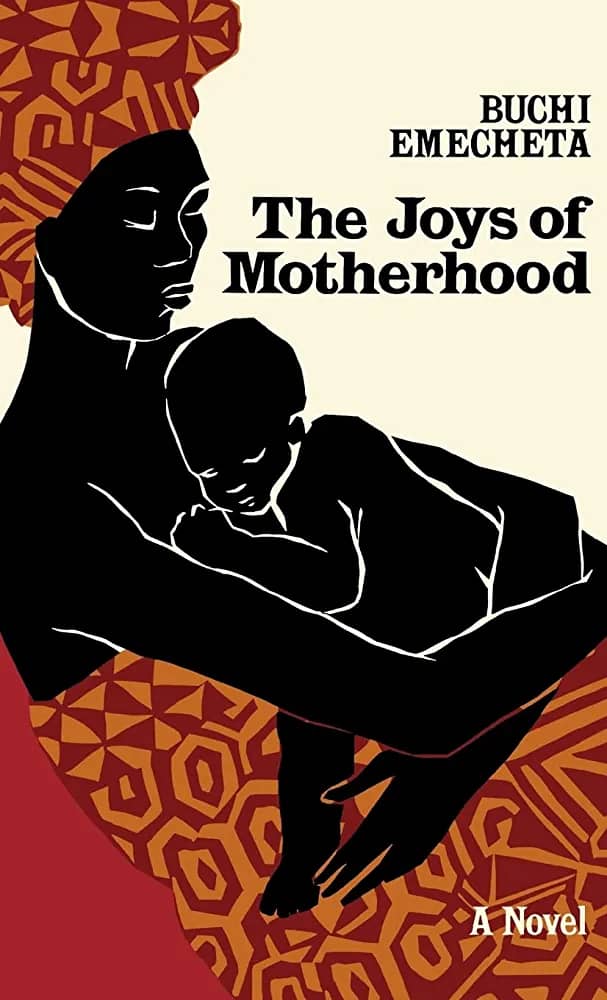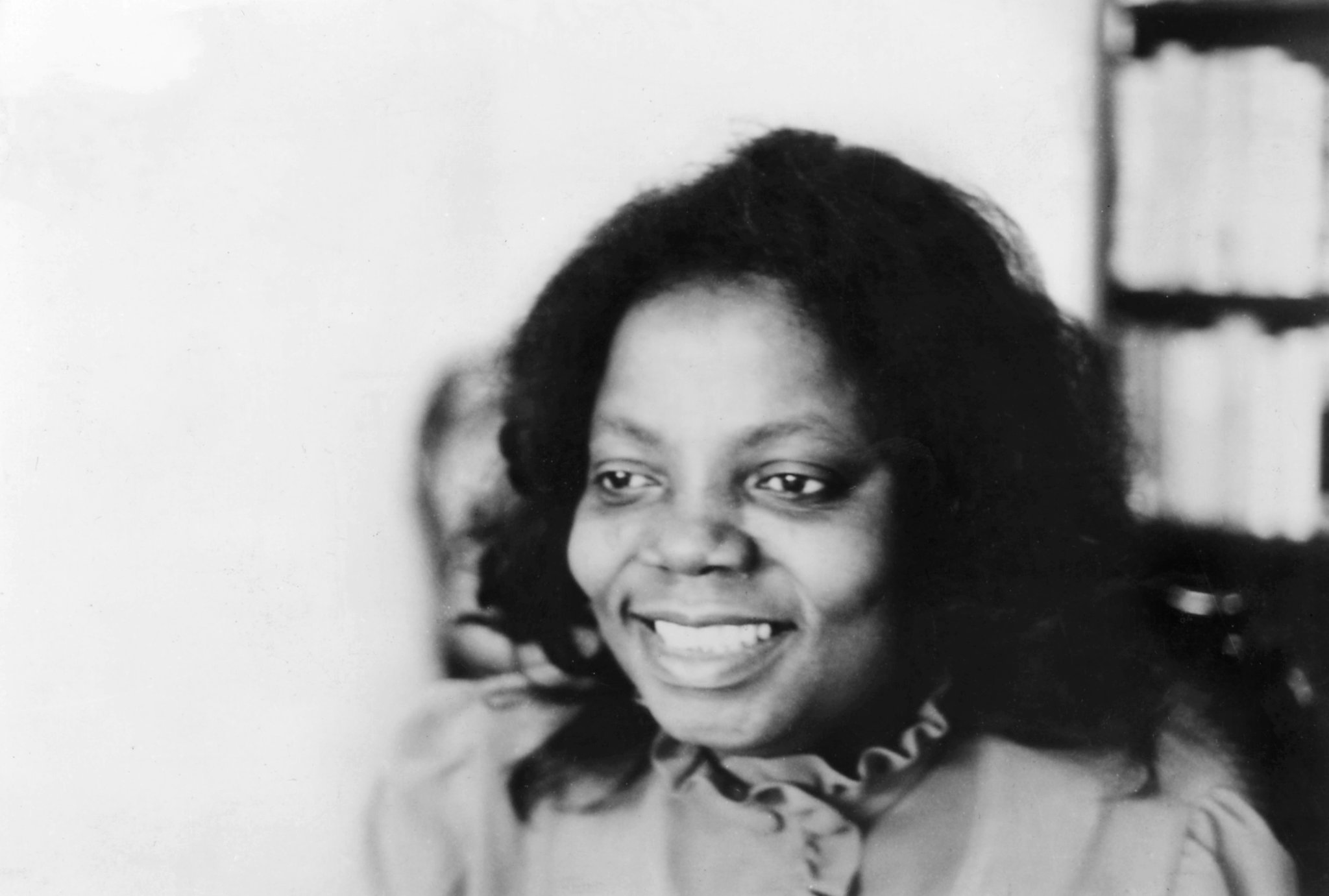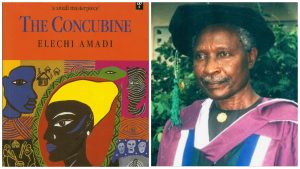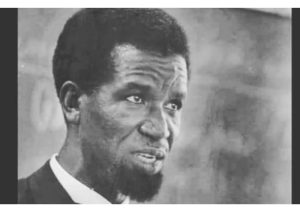Especially from a feminist standpoint, Buchi Emecheta is a trailblazer whose work still inspires and connects with readers today while examining the terrain of African literature. Emecheta’s work provides young people—especially those drawn in by issues of identity, gender, and social justice—a potent and real window into the realities of African women.
Who Was Buchi Emecheta?
Born in Lagos, Nigeria, on July 21, 1944, Florence Onyebuchi “Buchi” Emecheta was a writer, storyteller, and activist whose voice illuminated the hardships and victories of African women. Emecheta grew up in a community where women’s duties and expectations were often sharply defined. She saw the difficulties many African girls and women encounter, from restricted access to education to the demands of marriage and parenting.
Her path was not simple. Emecheta’s life changed dramatically with the loss of her father, but she was resolved to achieve. She wed at sixteen and shortly after relocated to London with her spouse. London was hard, and after years of physical violence, she left her husband to raise five children alone. Emecheta studied despite great difficulties; she graduated from the University of London with a degree in sociology. Her events turned into the basis for her work on the complexity of women in a patriarchal culture.

Writing as a Tool for Empowerment
The work of Buchi Emecheta is evidence of the ability of narrative to empower one. Her books, memoirs, and essays capture African women’s reality and tackle issues like marriage, parenthood, colonialism, and the quest for identity. Often, women who battle against societal expectations, Emecheta’s heroines strive for their freedom and self-respect in a society that often tries to restrict them.
Emecheta’s most well-known book, The Joys of Motherhood (1979), chronicles the life of Nnu Ego, a lady praised for her fertility who discovers that parenthood brings more grief than happiness. The book questions the conventional wisdom imposed on women, especially in light of colonial Nigeria. Emecheta questions the idea that a woman’s value depends only on her capacity to carry children by means of Nnu Ego’s narrative. She confronts society conventions that sometimes cause women misery and reveals the sacrifices they make in the name of parenting.
Emecheta’s work is a potent reminder for young readers—especially young women—that literature can be a tool for questioning the current quo and promoting change. Her tales inspire readers to challenge the roles society gives them and to search for their own road to self-worth and satisfaction.
Breaking the Silence: Giving Voice to African Women
Emecheta’s work is notable not just for the issues she investigates but also for the voices she elevates. Emecheta’s work reflects the experiences of African women in their own words in a literary world long dominated by male voices. Her characters actively live, struggle, resist, and finally define their own identities—they are not docile victims.
Emecheta chronicles Adah, a young Nigerian lady who goes to London in pursuit of a better life in her mostly autobiographical book Second-Class Citizen (1974). As Adah negotiates the difficulties of racism, misogyny, and immigrant loneliness, her path is one of resiliency and will. Emecheta addresses problems that are still pertinent today, like the junction of race, gender, and migration, by means of Adah’s tale, thereby highlighting the hardships of African women in the diaspora.
Second-Class Citizen provides young readers with a view into the lives of African women living abroad, negotiating identity and belonging. Anyone who has ever felt like an outcast or battled to express their individuality in a society that doesn’s not always accept or understand will find resonance in this narrative.
Feminism and African Womanhood
Emecheta’s work’s examination of feminism from an African prism is among its most engaging features. Emecheta herself was reluctant to adopt the title, preferring to characterize her work as “the African woman’s struggle,” even although her writing is often labeled as feminist. This difference is significant as it draws attention to the particular difficulties African women experience, which are sometimes different from those Western feminism targets.
Emecheta’s protagonists often negotiate a world where modernism and tradition collide and where family and society’s expectations could be both encouraging and stifling. Her books examine how African women manage their responsibilities as spouses, daughters, mothers, and people in a world fast changing. Though she doesn’t have simple solutions, Emecheta gives African women’s voices, stories, and experiences a stage on which to be heard.
Emecheta’s work is a potent investigation of what it means to be a woman in a society that often defines you by your gender for young readers—especially young women. Her tales inspire readers to discover strength in their own identities and experiences and to consider critically the roles society assigns them.
The Legacy of Buchi Emecheta
Though she died away in 2017, Buchi Emecheta’s legacy endures via her work. Particularly those who want to investigate the complexity of gender, ethnicity, and identity, her work still inspires next generations of readers and authors. Emecheta’s tales serve as a reminder that writing may question the current quo, challenge conventions, and provide voice for those who have been silenced.
Finding Buchi Emecheta gives young people now access to interact with literature that is both very personal and broadly relevant. Her writings reflect the hardships and victories of African women, therefore providing insights as valuable now as they were when she originally penned them.
Stories by Emecheta inspire readers to pursue their own paths in life, to be inquisitive, and to challenge the roles society assigns to them. Emecheta’s art offers a rich and fulfilling experience whether your interests lie in social justice, feminism, or issues of identity.
Conclusion: Why Buchi Emecheta Matters
The literature of Buchi Emecheta is a powerful monument to African women’s resiliency, fortitude, and intricacy. Her writings provide young readers an analysis of the difficulties and victories of African women, therefore offering a glimpse into a world often missed in Western literature.
We are not only passing on a tradition of empowerment, resiliency, and the value of expressing one’s truth by bringing Buchi Emecheta to the next generation; we are also sharing tales Emecheta’s works inspire us to find courage in our own tales and to examine the environment in which we live closely. She is a literary master and a role model for young readers whose works will inspire future generations.
Please read all our stories on African Literature here



